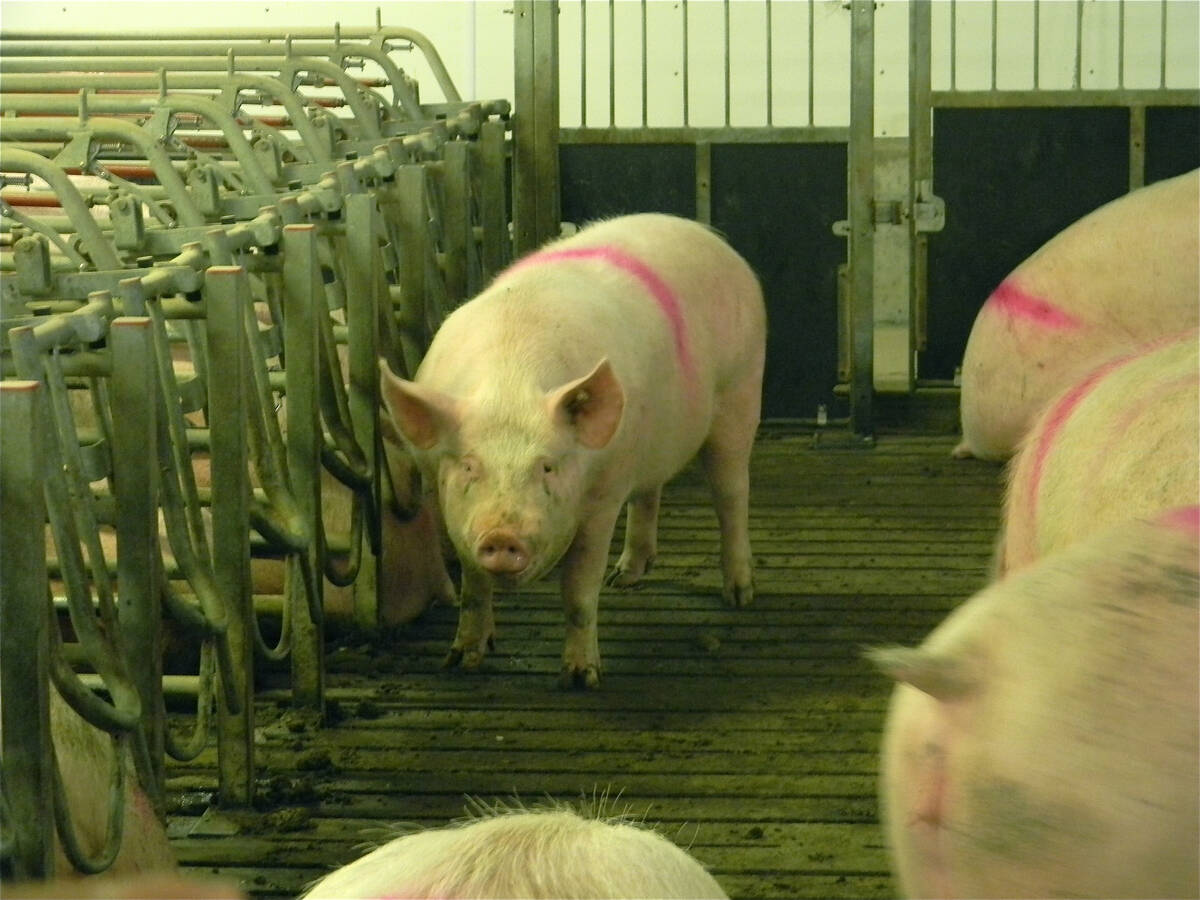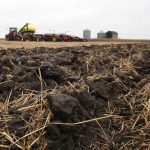A weekend together in Seattle showed Canadian and American farmers they have more in common than they think.
Farmer representatives of national wheat and barley organizations had a chance for the first time to discuss trade irritants, transportation problems and research during the Pacific North West Economic Region conference held June 14.
This is a business group which includes Alberta, British Columbia, Alaska, Idaho, Montana, Oregon and Washington. Agriculture has been a component of the group for about two years.
While there was discussion about the Canadian Wheat Board, the group went beyond the marketing system to raise common concerns.
Read Also

The Western Producer Livestock Report – July 31, 2025
Western Producer Livestock Report for July 31, 2025. See U.S. & Canadian hog prices, Canadian bison & lamb market data and sales insights.
“This group didn’t meet to bash the board,” said Clifton Foster, of the Alberta Barley Commission.
About 15 farm groups were in Seattle for the conference. Canada was represented by the Western Canadian Wheat Growers Association, Western Barley Growers Association and Alberta Barley Commission.
Besides discussing trade and transportation frictions, the group is looking at a research exchange where Americans and Canadians can visit the Tri-State Barley Research conference, national barley food council or the Barley Development Council.
A similar meeting is planned this fall in Vancouver. Grain users like feedlot owners, grain buyers or millers may be included in that round.
The farm groups came up with a list of recommendations that will be presented to their governments:
- The United States should eliminate export subsidies and both countries eliminate discretionary pricing beyond normal commercial practice.
- Canada should move to cash buying and selling of wheat and barley to allow for price discovery and arbitrage.
- Canada should eliminate tariff rate quotas on American barley.
- The two countries should move toward trade in wheat and barley on value-based specifications.
- Both should eliminate end use certificates on wheat.
- Canada and the U.S. should adopt non-discriminatory access to each other’s grain handling and transportation infrastructure.
- Trucking regulations need to be standardized.
- Canada needs to deregulate and create a commercially driven and competitive rail transportation system for grain.
















